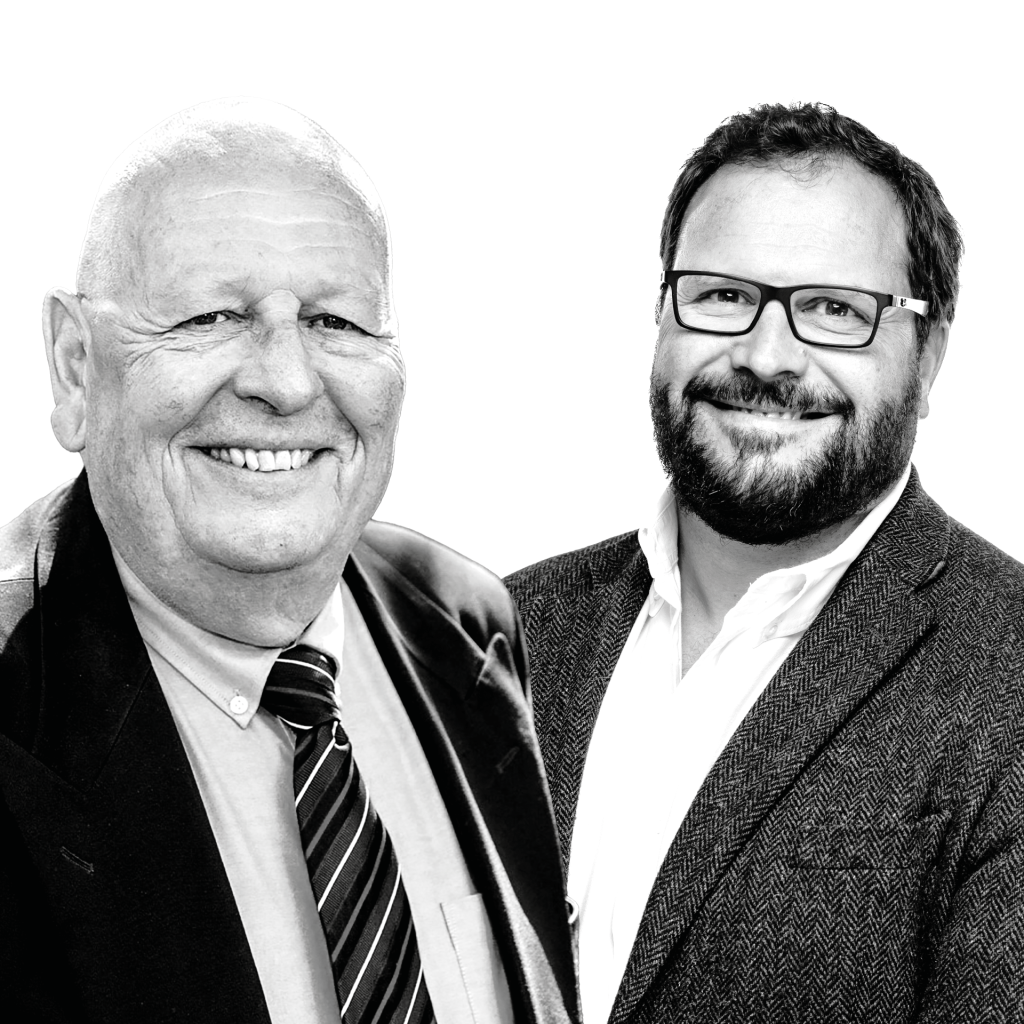Councils have been sharing services and senior staff for years, working together for the benefit of their local communities.
While the financial savings arising from a shared chief executive and/or wider joint working can be significant, shared management arrangements are not just about money.
Councils working in this way report gains in resilience and flexibility, and that they are better prepared to face the challenges of the future.
Every shared-management partnership is unique and we can gain knowledge and ideas from them all – see below to find out more about the experiences of Chorley and South Ribble, and Brentwood and Rochford.
Becoming more self-sustainable

Alistair Bradley (Lab) is Leader of Chorley Council
It’s been clear for some time that councils cannot operate in the way they always have and expect to be able to do what’s best for residents.
With no direct grant from government, and losing around £3 million in funding over the past few years, we needed to be smart about how we managed the organisation and how we could work towards being more self-sustainable. Shared services have been key to achieving this.
By employing a shared chief executive and management structure, we have saved significant amounts while still being able to pay competitive salaries to recruit and retain the best people.
Our South Ribble neighbours were a natural fit as partners – a similar authority covering a similar type of area, and with whom we had a lot in common.
Our relationship began a decade ago, when we started to share finance staff, but has really evolved over the past few years, to the point where half our entire workforce is now shared.
This has saved Chorley around £500,000 in total and brought massive benefits for both authorities, while still allowing us to retain complete sovereignty as two separate councils making the best decisions for our respective boroughs.
Real value for money

Councillor Paul Foster (Lab) is Leader of South Ribble Borough Council
These are difficult times for so many people, so it’s never been more important that councils provide real value for money.
Sharing services with Chorley has saved us £644,000 in staffing costs, equivalent to an 8 per cent rise in council tax. Instead, we have been able to freeze our portion of the council tax bill for the past two years, leaving more money in residents’ pockets.
Working so closely with our friends at Chorley – under the leadership of one chief executive and a single team of directors – has also enabled other efficiencies, increased the resilience of our services, and allowed us to share knowledge, expertise and best practice.
This all helps deliver exciting projects, such as our investment in local leisure, new affordable homes, a new extra care facility to support independent living, and the realisation of the transformational £25 million Leyland Town Deal – not to mention the renovation of Worden Hall, improvements at South Ribble Museum, and our new Music in the Park event. Without shared services, we simply wouldn’t have had the capacity to deliver such an ambitious programme.
Yet we retain our own identity and autonomy – as evidenced by our recent decision to take waste services back into council control while Chorley’s service remains outsourced. The additional skills, knowledge and resilience brought about by shared services has made this possible, and allowed us to in-source the running of local leisure centres, resulting in improved service for residents and better terms and conditions for staff.
All in all, we are thrilled with how shared services are working and we will continue to look for other ways we can work together for the benefit of our residents.
An equitable partnership

Councillor Chris Hossack (Con) (r) is Leader of Brentwood Borough Council and Chair of the Association of South Essex Local Authorities (ASELA), and Councillor Simon Wootton (Con) is Leader of Rochford District Council and Vice-Chair of ASELA
Creating a strategic partnership between Rochford District Council and Brentwood Borough Council was never on our radar, but when the opportunity arose, it just made sense, and we couldn’t see a reason not to do it.
When we first began our conversation, Rochford was carrying a vacancy following the retirement of its chief executive and was interested in pursuing a shared arrangement. Jonathan Stephenson had been Chief Executive at Brentwood for about two years and his previous experience of working in a shared service (he had been a strategic director at Babergh and Mid Suffolk Councils) gave us the confidence that it could be done.
We quickly realised that, even though the two authorities do not share an administrative boundary, there are numerous similarities between us.
As second-tier authorities in the ASELA Joint Committee, we share strategic interests and have comparable socio-economic dynamics, which mean there is a lot of commonality in our respective residents’ interests.
But just because it could be done didn’t mean it should be done.
We spent a lot of time building the political consensus between us. This partnership couldn’t just be about sharing operational service delivery – it had to have a long-term strategic vision and purpose. It had to make us both better, stronger and amplify our profile in a way that we could not do alone.
This political ambition is reflected in the agreement between us for an equitable partnership that will bring financial savings and sustainability – along with organisational resilience to both councils – while retaining our independence and sovereignty of local decision-making, and maintaining our individual identity for our residents.
We trialled sharing the chief executive for six months, and that helped us to understand how the partnership could work in practice before making the decision to permanently appoint Jonathan as Joint Chief Executive in February this year.
His appointment has laid a strong foundation for a two-and-a-half-year transformation programme that will unify the workforce to create one team serving two councils.
The transformation has already begun and the top three tiers of the new ‘one team’ will be assembled this summer.
We recognise that a strong organisation comes from the talents that our people bring – a depth of skills and experience that is developed through collaboration and creativity. Getting our new leadership team in place will really start moving the partnership forward and delivering for our communities.
Although the partnership is still in its early stages, it offers greater combined capacity to manage change and deliver continuous improvement.
We are working together on our approach to the UK Shared Prosperity Fund and levelling up agenda, along with a joined-up approach to mitigating the impacts of climate change. Together, we are tackling the big issues to achieve greater impact. We are hugely optimistic about the future.
